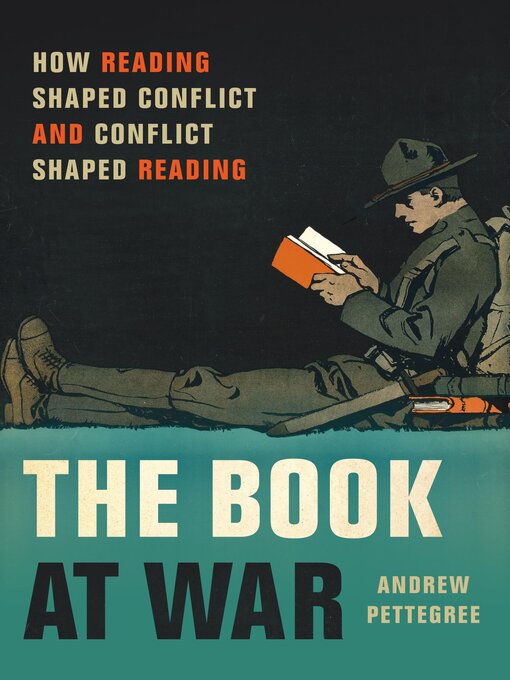A "magisterial" (Sunday Times) history of how books were used in war across the twentieth century—both as weapons and as agents for peace
We tend not to talk about books and war in the same breath—one ranks among humanity’s greatest inventions, the other among its most terrible. But as esteemed literary historian Andrew Pettegree demonstrates, the two are deeply intertwined. The Book at War explores the various roles that books have played in conflicts throughout the globe. Winston Churchill used a travel guide to plan the invasion of Norway, lonely families turned to libraries while their loved ones were fighting in the trenches, and during the Cold War both sides used books to spread their visions of how the world should be run. As solace or instruction manual, as critique or propaganda, books have shaped modern military history—for both good and ill.
With precise historical analysis and sparkling prose, The Book at War accounts for the power—and the ambivalence—of words at war.



